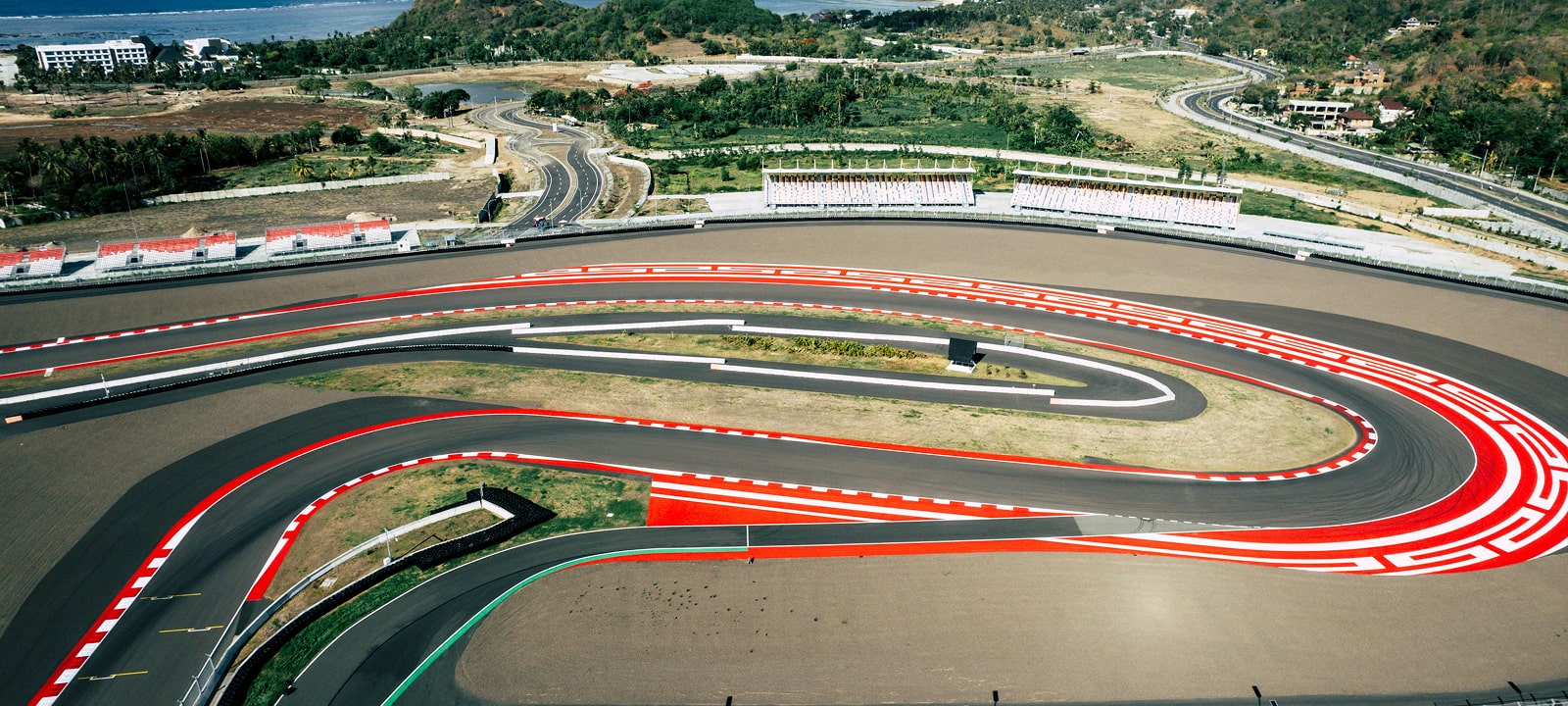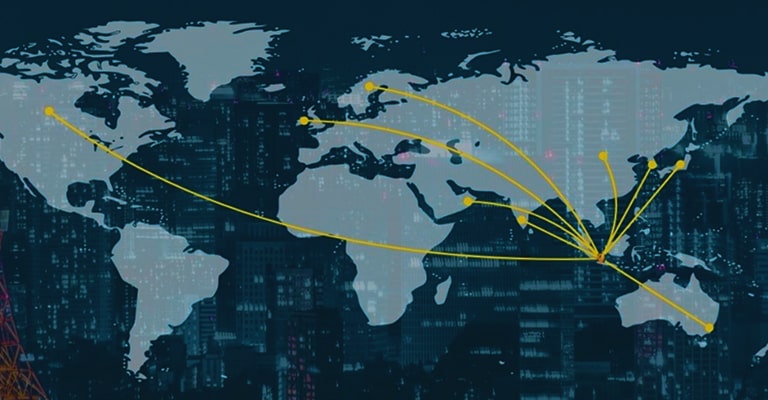The Pertamina Mandalika International Street Circuit is a racing venue developed and named by PT Pertamina (Persero) and the Indonesia Tourism Development Corporation (ITDC). The term Mandalika International refers to the name of the region where the circuit is located. The track itself meets international standards for motorsport racing. Additionally, the designation Street Circuit technically indicates that the venue is exclusively designed for racing events and is not open for public use during non-race days. During race-free periods, the circuit is intended to serve as a tourism attraction or a venue for community activities.
This 4.31-kilometer circuit, which features 17 turns, is located in Kuta Village, Central Lombok, West Nusa Tenggara. It was planned to host the 2022 MotoGP season and the 2021 World Superbike Championship. The construction of the circuit required a significant investment of approximately IDR 3.6 trillion, which was funded through a loan from the Asian Infrastructure Investment Bank (AIIB), disbursed gradually through 2023. As a result, the Pertamina Mandalika Circuit has been designated as part of a Special Economic Zone (SEZ).
However, the development of the circuit has not been without controversy. Concerns were raised by the local community, leading to a report submitted to the United Nations Human Rights Council. Allegations include human rights violations, such as forced evictions of residents from their homes and land, and the obstruction of local access roads. In response, the government pledged to provide compensation to affected residents.
The presence of the Mandalika International Circuit is expected to have significant impacts on Indonesia in several areas, potentially reshaping the country's economy, society, and legal framework.
Economic Impact:
The hosting of international events such as the World Superbike Championship at the Mandalika Circuit is expected to stimulate economic development in both West Nusa Tenggara and the nation as a whole—particularly during the COVID-19 recovery period. Local products from micro, small, and medium enterprises (MSMEs), as well as tourism businesses, are likely to benefit from increased demand, thereby reviving the local economy.
Social Impact:
The 4.31 km-long development has also had social consequences for surrounding communities. Reports suggest that residents have faced forced evictions, intimidation, and threats to their safety. Many rejected the compensation offered, leading to legal disputes. Farmers were also allegedly compelled to surrender land, agricultural areas, water sources, and even cultural and religious heritage sites. The government, however, has denied these claims, stating that it has engaged with local communities respectfully and with regard for cultural values.
Legal Impact:
The construction of the 4.31 km circuit required land acquisition that included private residences and farmland. Some residents have filed legal complaints citing human rights violations. In one case, a local resident was sued for allegedly occupying land without permission—even though they had not received compensation for the land taken for the circuit's development.
*Disclaimer: This article is for general information only and does not constitute legal advice. We accept no liability for any consequences arising from its use. Unauthorized use or reproduction is prohibited and may result in legal action.





